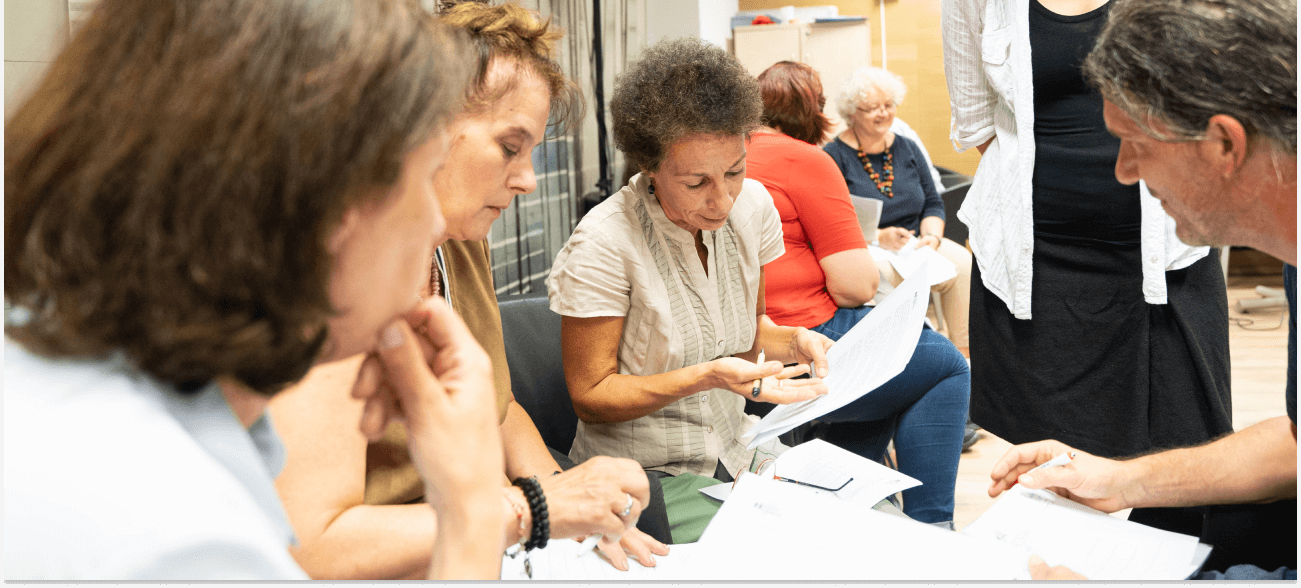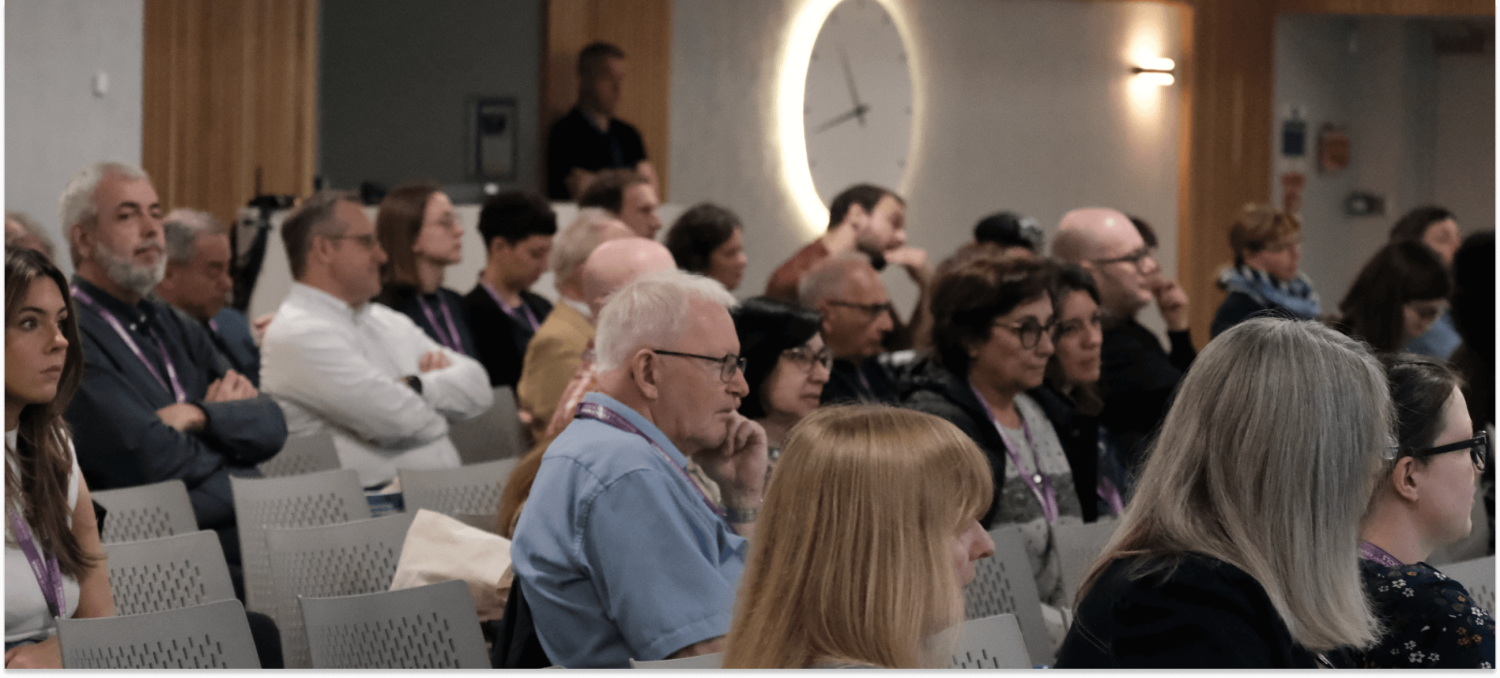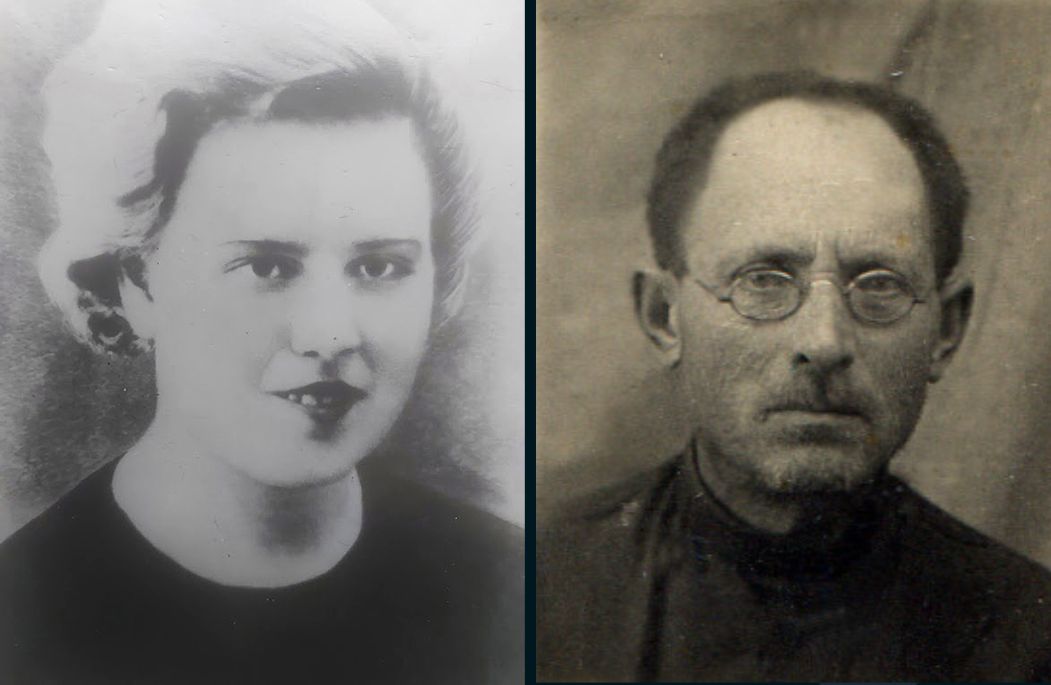


Updating recommendations for teaching about the Holocaust
The International Holocaust Remembrance Alliance (IHRA) is updating its Recommendations for Teaching and Learning about the Holocaust. First published in 2019, the revised edition will retain the document’s core structure of why, what, and how to teach about the Holocaust, while supporting educators to respond to today’s classroom realities.
This edition places greater emphasis on topics like the importance of teacher training and professional development, inclusive education for younger learners, and the opportunities and challenges of new technologies.
With this update, the Recommendations for Teaching and Learning about the Holocaust now more closely match the structure and layout of IHRA’s Recommendations for Teaching and Learning about the Persecution and Genocide of the Roma during the Nazi Era. This aims to make it easier for educators to use both resources to teach these distinct but inter-related histories.
What is new?
Inclusive education: The new edition provides guidance on how to make Holocaust education accessible to all learners, including students with additional educational needs. This is particularly relevant as inclusive education becomes best practice throughout IHRA Member Countries.
Teaching younger learners: More countries are mandating Holocaust education at primary level. The updated Recommendations outline age-appropriate approaches that help teachers build empathy and awareness among younger learners while dealing sensitively with difficult content.
Digital technologies: A revised section reflects today’s digital reality – including the use of AI and social media – helping educators use technology responsibly and supporting students in thinking critically about how they encounter Holocaust history online.
Addressing antisemitism: The updated Recommendations place stronger emphasis on antisemitism as central to understanding the Holocaust. This helps educators explain both the historical causes of the Holocaust and the continuing dangers of antisemitism today.
Teacher education and professional development: The revised Recommendations emphasize that effective Holocaust education depends on lifelong learning. They highlight the importance of teacher training and continuous professional development, encouraging educators to stay informed about new research, resources, and methodologies. Policymakers are urged to ensure that educators have regular opportunities to access and participate in professional development.
Learning from sites and testimony: Updated guidance on preparing, carrying out, and helping learners process visits to museums, memorials, and authentic sites, and on the use of survivor testimony ensure these encounters are respectful and meaningful.
The Recommendations for Teaching and Learning about the Holocaust will be available in English in late December 2025, with translations to follow in 2026.




